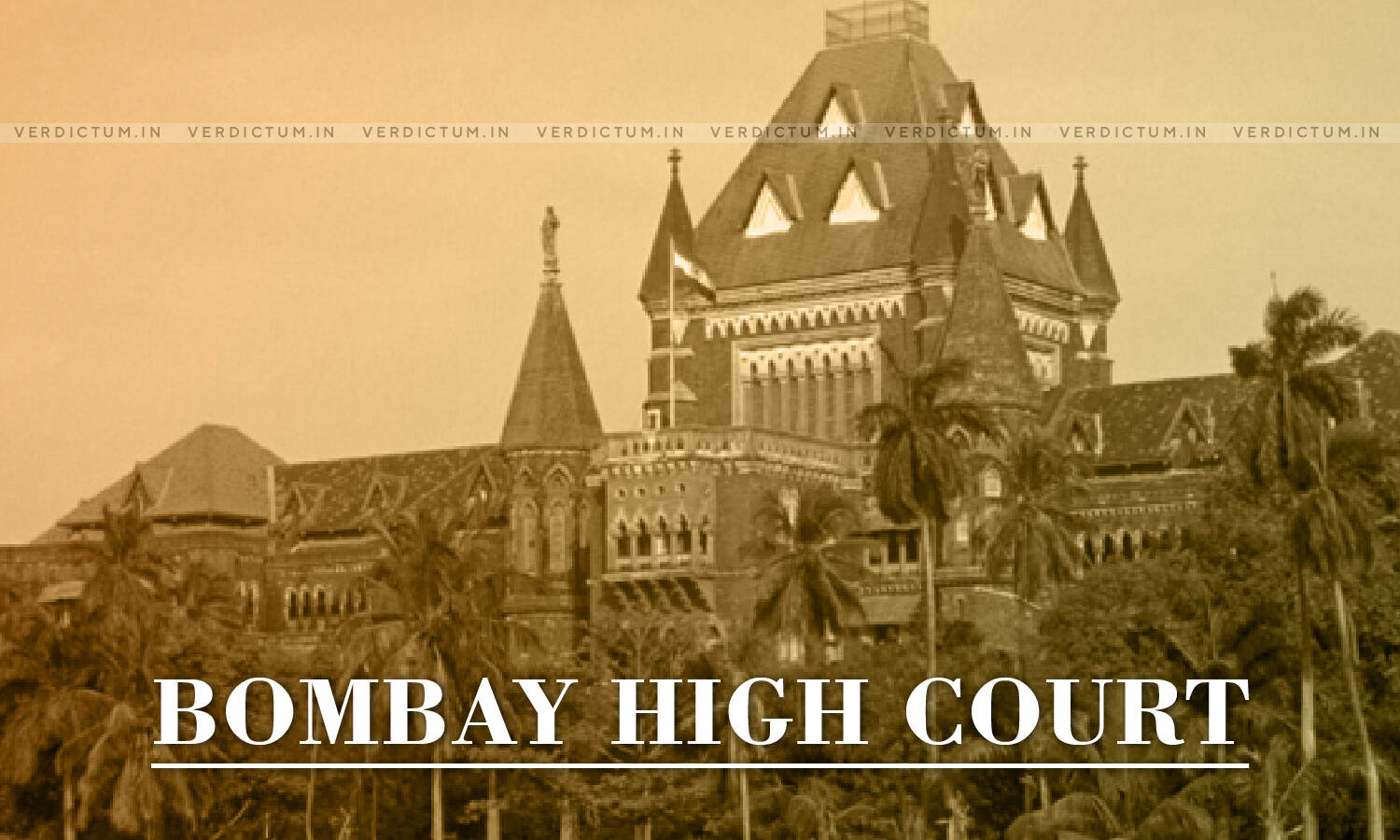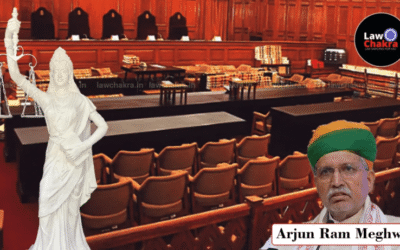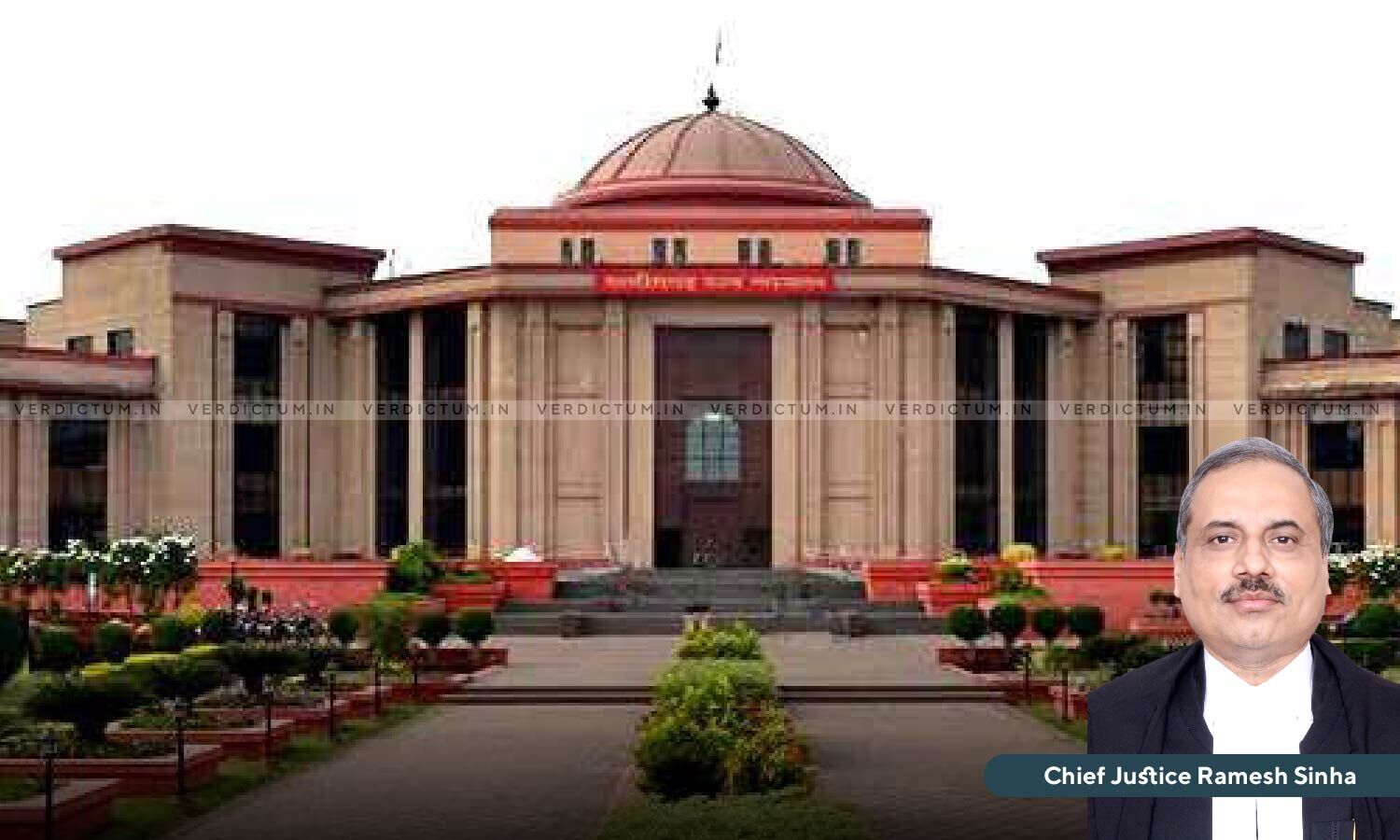Bombay High Court Denies Transfer Of Convict In Preeti Rathi Acid Attack Case To Open Prison

The Bombay High Court while denying transfer of convict in the infamous Preeti Rathi Acid Attack Case to open prison has emphasized that every prisoner has to follow the rules and regulations, especially in respect of behaviour nobody can be allowed to bring the prohibited articles inside the prison.
The Court was considering a Writ Petition filed by him seeking his transfer to Open Prison.
The division bench of Justice Sanjay A. Deshmukh and Justice Vibha Kankanwadi observed, “…..When it comes to taking decision on the basis of disciplinary provisions, the authority is not required to hold a mini trial. The show cause notice was the opportunity given by the prison authority to the petitioner to explain his stand. This action of sending show cause notice is as per the principles of natural justice. Again at the time of sending him in the close prison, the prison authority did not give further hearing to the petitioner. Taking disciplinary action is different thing than First Information Report for the offence punishable under Section 223 of the Bharatiya Nyaya Sanhita. There is no question of double jeopardy. Every prisoner has to follow the rules and regulations, especially in respect of behaviour nobody can be allowed to bring the prohibited articles inside the prison and, therefore, finding a prohibited article in possession of prisoner who is about to enter the prison would definitely liable to be dealt with as per the disciplinary rules.”
The Petitioner was represented by Advocate R.A. Jaiswal while the Respondent was represented by Additional Public Prosecutor V.K. Kotecha.
Facts of the Case
The Petitioner was transferred from Yerwada Central Prison to Open Prison after his death penalty was commuted to life imprisonment. He was granted furlough leave later in the year and when he returned to the prison, he was found with mobile battery. It was the contention of his Counsel that the Show Cause Notice that was given was replied by Petitioner; yet, offence was registered under Section 223 of Bharatiya Nyaya Sanhita and on the same day he was transferred to the closed prison at Chhatrapati Sambhajinagar.
He averred that opportunity of hearing was not given to petitioner and this amounts to punishing the Petitioner twice i.e. putting him in closed prison again and also asking him to face the trial for the offence under Section 223 of the Bharatiya Nyaya Sanhita. It was his submission that the impugned approved order and the decision of the Open Selection Committee are in contravention of Rule 6 of the Maharashtra Open Prison Rules, 1971 and also against the principles of natural justice.
On the other hand, the APP argued that prisoner must know the rules as to what is permissible to be brought inside the jail and prison rules and regulations strictly prohibit mobile, mobile parts and electric device. He submitted that false reason was given and he also tried to blame the duty staff unnecessarily. He further submitted that separate punishment has not been imposed and double jeopardy has been avoided, because his permanent transfer proposal was in process and as he was found possessing and with an intention to bring it in the prison the mobile battery which is the prohibited article, he would automatically disqualify for giving the benefit of open prison and, therefore, the action taken is not against any provisions of law.
Reasoning By Court
The Court at the outset noted that mobile, mobile parts and the other instruments/articles are prohibited inside the prison through the Notifications, Open Prison Rule 1971 and Prison Discipline i.e. contained in the Manual
“Certainly, these discipline rules are aimed at bringing discipline within inmates. If such articles are then allowed, it would then be the easy task for the convicts to escape or make planning for escape or even help somebody in escaping. The open prisons were created with certain objects and it gives opportunity to the inmates to meet the family members and do such activities which would then be helpful for him to establish his life after the permanent release. However, the said benefit cannot be claimed as of right. There are criteria laid down for holding a prisoner eligible to be put in the open prison, even there is a waiting list for the same, because there appears to be less quota. Therefore, this facility is not available to everybody, though may be that prisoner reaches to the point of eligibility. The selection committee is established under the law to select such prisoners as are eligible for being confined in open prison and the said list in order of seniority for approval will have to be placed before the Additional D.G.P. and Inspector General of Prisons and Correction Centres. As aforesaid, taking into consideration the list and subject to vacancies available those persons would be transferred to open prison. It is also required to be borne in mind by such prisoners that in order to continue the said benefit or facility they will have to work and maintain good behaviour. It cannot be stated that once that prisoner is placed in the open prison, he cannot be asked to be put in the closed prison,” the Court observed.
It noted that in his reply, the Petitioner stated that at the time of his departure his family members had kept some food items and clothes and he himself had no knowledge as to what kind of food items and clothes were kept but he blamed the Constable who was taking search suddenly states that he got a mobile battery.
“When petitioner asked the said Constable to show that to him, it was not showed to him. At another breath he says that by mistake his family members who have no knowledge about the rules and regulations of the prison might have kept the same. Thus, his defence was not certain regarding the possession of the mobile battery. He has not specifically denied it, but then claims ignorance,” the Court observed.
It noted that proper procedure as explained in Ravi @ Ravindra Umaji Gunjkar (supra) for transferring the prisons selected by Selection Committee for confinement from open prison to central prison would be to place the proposal before the same Selection Committee.
“It is not the case and the procedure does not show that when the petitioner was selected by the Selection Committee for being transferred to open prison at that time he was heard. Now, on the basis of information supplied and the show cause notice that was given along with its reply was placed before the Selection Committee and on the basis of same the Selection Committee appears to have taken the decision. There is sufficient compliance of principles of natural justice and, therefore, we found that no case is made out for exercise of powers under Article 226 of the Constitution of India,” the Court held.
The Petition was accordingly dismissed.
Cause Title: Ankur Narayan Panwar vs. The State of Maharashtra (2025:BHC-AUG:14574-DB)
Appearances:
Petitioner- Advocate R.A. Jaiswal
Respondent- Additional Public Prosecutor V.K. Kotecha




